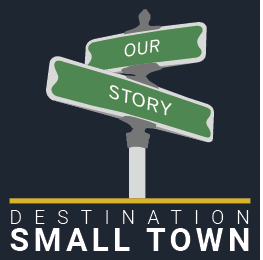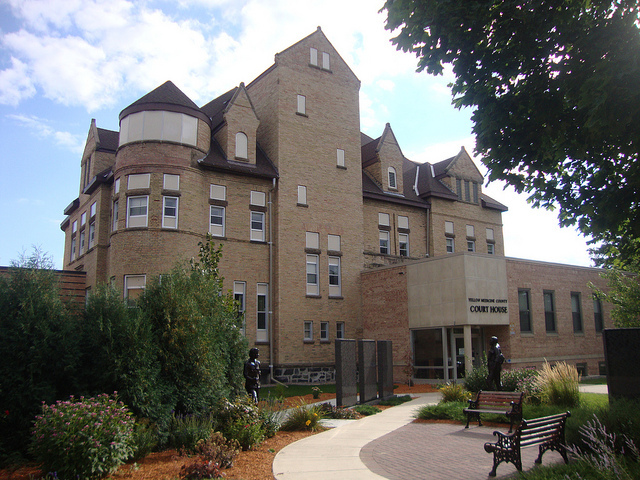Since the founding of our communities, organizations, businesses and citizens have stepped forward to build and serve their community. Click on any of the logos below to learn about those who made this website possible! If you would like to learn about becoming a sponsor CLICK HERE!

- County: Yellow Medicine County, MN
- Region: Southern MN
- Sponsors
- About Echo, MN
- Businesses
- Community Organizations
- Faith Organizations
- Festivals and Events
- Points of Interest
- Veterans
- Visit Website
Learn how to Contribute to any of the above categories.
No news yet. Got some news? Hit that NEW POST button!
About Echo, MN
The spirit of the Village of Echo has endured for over one hundred years and dates back to the 1870s, when its future founders staked their claims on the land that we love still today. Eli Broughton was the first to take a homestead in Echo Township and was soon followed by William I. Radford, George B. Miller, Robert Houston, and David S. Brown. The Dakota had inhabited these lands for many millennia before these settlers arrived; indeed, they were the region’s original people and their history is rich and vital.
Through many difficult seasons that brought locusts, blizzards, and prairie fires, these obstacles would have defeated even the most hardy spirit—but not so these individuals. They persevered and by the 1870s, their hard work and staying power inspired others to join them, resulting in a period of rapid growth of the Village. The winter of 1874 saw the establishment of Echo Township, and thus began the period of its changing names. Originally named Empire, township leaders learned that Echo was the second township in the State of Minnesota to bear that name, so the founders went back to the proverbial drawing board for a new name: Rose. For whatever reason, the name Rose was deemed to be in need of improvement, and the township of Echo was finally so named in 1874. Was it because of the echo of the lonely train whistle? Or was it because the name “bounced” back so many times? No one really knows.
By 1892, thirty-nine citizens asked the county commission to allow the incorporation of Echo with its own municipal government. The commission agreed and made Echo’s 179 citizens very happy. Echo’s growth was steady, thanks to its location on the railroad line. Improvements such as sidewalks and lighting, while not seemingly of historical interest, were certainly of interest to Echo’s citizens, who were tired of dusty roads and hazardous wooden sidewalks. For nearly twenty years, twelve oil-burning lamps on posts provided lighting after 7:00 and “The Old Lamplighter”—the village marshal—duly lit them at dusk each night. By 1912, Echo had constructed its own electric plant and on December 23 that year, Echo’s citizens enjoyed their first outdoor electric lights.
Windmills weren’t only used in Holland—Echo had a windmill-powered fire protection water supply from 1894-1898, when it was replaced with a gasoline-powered engine. More improvements were introduced over the years brought more infrastructure improvements, a jail (affectionately referred to as the “lock up”), a cemetery, a park, and a village band that played weekly through the summer months through the late 1960s. The Village of Echo became the City of Echo in 1976 due to a statewide mandate.
Echo’s first school was constructed in 1895, burned to the ground in a tragic fire in 1926, and was rebuilt at its current site and operates today as the Echo Charter School. Consolidation of rural school districts has become a reality in rural Minnesota over the past two decades, but the Echo School has over the years managed to maintain its own identity and is a important part of the City’s continued progress.
The wide assortment of businesses in Echo over the years paints a fascinating picture of life one century ago. The village blacksmiths, who in popular culture were thought to be part of the Western landscape, enjoyed brisk business in Echo from 1885 to the 1940s. Farm machinery repair, wagons, buggies—all were the bailiwick of the blacksmith. The Echo Enterprise was a weekly publication and editor/publisher George Hughes and then his son operated the newspaper for over six decades, printing the newspaper the old way, with hand-set lead lettering, known as “hot type”—in actuality an art form that is known by few practitioners today. The milling and elevator business flourished in Echo and to this day has played a major role in Echo’s prosperity. Dray and livery services, lumberyards, hardware and produce stores, funeral homes, along with restaurants and saloons played a rich role in the City’s history.
Echo, like most small rural Minnesota towns, has lost a portion of its citizens as young people have left the area, but it continues to be a warm and friendly home to many older, established families, as well as new friends who have moved to our area. If safety and small-town tranquility are your values, you will find there is no place where this is more embodied than Echo. You are welcome!
Yellow Medicine County, MN
Visit our county page and you will find information about our town and county's points of interest, festivals/events and faith community. You also will learn about the community organizations that have built and continue to build strong communities (chambers, community groups, and departments, etc) and much more when you visit the Yellow Medicine County, MN page.
Veterans of Yellow Medicine County, MN
Veterans come from many walks of life and whether a veteran has severed two decades ago or two days ago, they have made our freedoms possible. Below you will find stories about many who have served. If you would like to nominate a veteran to be included on your town and county page CLICK HERE!







